CI made dead simple with Drupal 8, GitLab and Platform.sh
Branislav Bujisic@bbujisic
Hi
Branislav Bujisic, engineering director
Family guy


Bad accent included

https://www.youtube.com/watch?v=_-_x7eApZKU
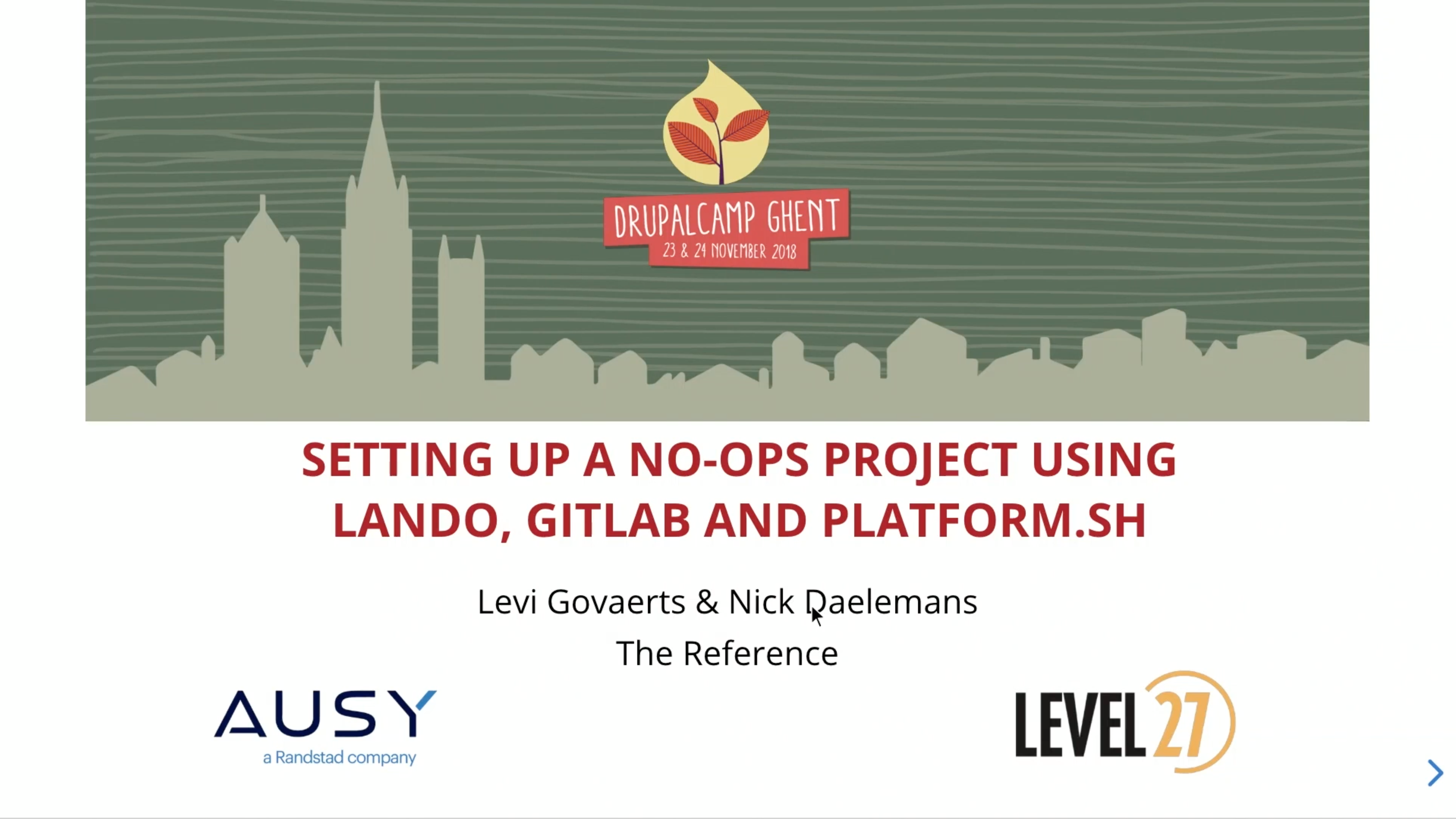
Why Drupal?
- It's PHP
- It's a mishmash of custom and contrib code
- It's complicated (database, caching, search engines...)
Why Gitlab
- CE - open source (MIT License)
- SaaS or self-hosted
- Merge requests
- Built-in CI/CD
Why Platform.sh
- PaaS
- Use git to manage the hosting
- An environment per git branch
- Branching = cloning the parent environment state (db, services, everything)
PHP Codesniffer
Setup Drupal coding standards:
composer global require drupal/coder
export PATH=”$PATH:$HOME/.composer/vendor/bin”
Usage:
phpcs --standard=Drupal modules/customResults:
----------------------------------------------------------------------------------------------------------------------- FOUND 13 ERRORS AND 3 WARNINGS AFFECTING 16 LINES ----------------------------------------------------------------------------------------------------------------------- 5 | WARNING | [x] Unused use statement 7 | WARNING | [x] Unused use statement 9 | ERROR | [x] Missing class doc comment 13 | ERROR | [x] Missing function doc comment 33 | ERROR | [x] You must use "/**" style comments for a function comment 35 | ERROR | [x] Data types in @var tags need to be fully namespaced 44 | WARNING | [ ] Line exceeds 80 characters; contains 91 characters 45 | ERROR | [ ] Doc comment short description must be on a single line, further text should be a separate paragraph 78 | ERROR | [ ] Doc comment short description must be on a single line, further text should be a separate paragraph 92 | ERROR | [ ] Missing short description in doc comment 93 | ERROR | [x] Data types in @param tags need to be fully namespaced 98 | ERROR | [x] You must use "/**" style comments for a function comment 118 | ERROR | [ ] Missing short description in doc comment 125 | ERROR | [x] You must use "/**" style comments for a function comment 139 | ERROR | [x] Expected 1 blank line after function; 0 found 140 | ERROR | [x] The closing brace for the class must have an empty line before it ----------------------------------------------------------------------------------------------------------------------- PHPCBF CAN FIX THE 11 MARKED SNIFF VIOLATIONS AUTOMATICALLY ----------------------------------------------------------------------------------------------------------------------- Time: 2.38 secs; Memory: 10MB
When are you doing it?
- Before each commit?
- Before each push?
- Before each merge request?
- When you remember to do it?
- Never?
Manual work is tough...

If you automated your testing, you are doing it right.
...because, honestly, do you even want to waste your code review time on trivialities such as coding standards.
The goal:
ensure quailty of software,
through frequent and
comprehensive
testing,
while maintaining high productivity
Quality control
- Coding standards
because we need consistency - Unit tests
cover individual componets, smallest possible things to test - Integration tests
cover the interaction between components - Acceptance tests
evaluate the compliance with the business requirements - E2E tests
cover the entire flow of an app, from the start to the end
What can be automated?
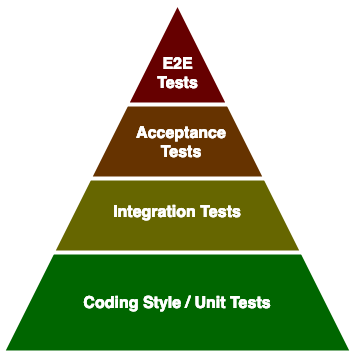
Good quality control
Continuous Integration allows you to integrate the code into a shared repository and build and test each change automatically, as early as possible, usually several times a day.
Source: https://about.gitlab.com/product/continuous-integration
Even better quality control
Continuous Delivery ensures that the software can be released to production at any time, often by automatically pushing changes to a staging system.
Source: https://about.gitlab.com/product/continuous-integration
Quality control that you really trust
Continuous Deployment takes the process a step further and pushes changes to the production automatically.
Source: https://about.gitlab.com/product/continuous-integration
The pipeline
Build > Test > Deliver > Deploy
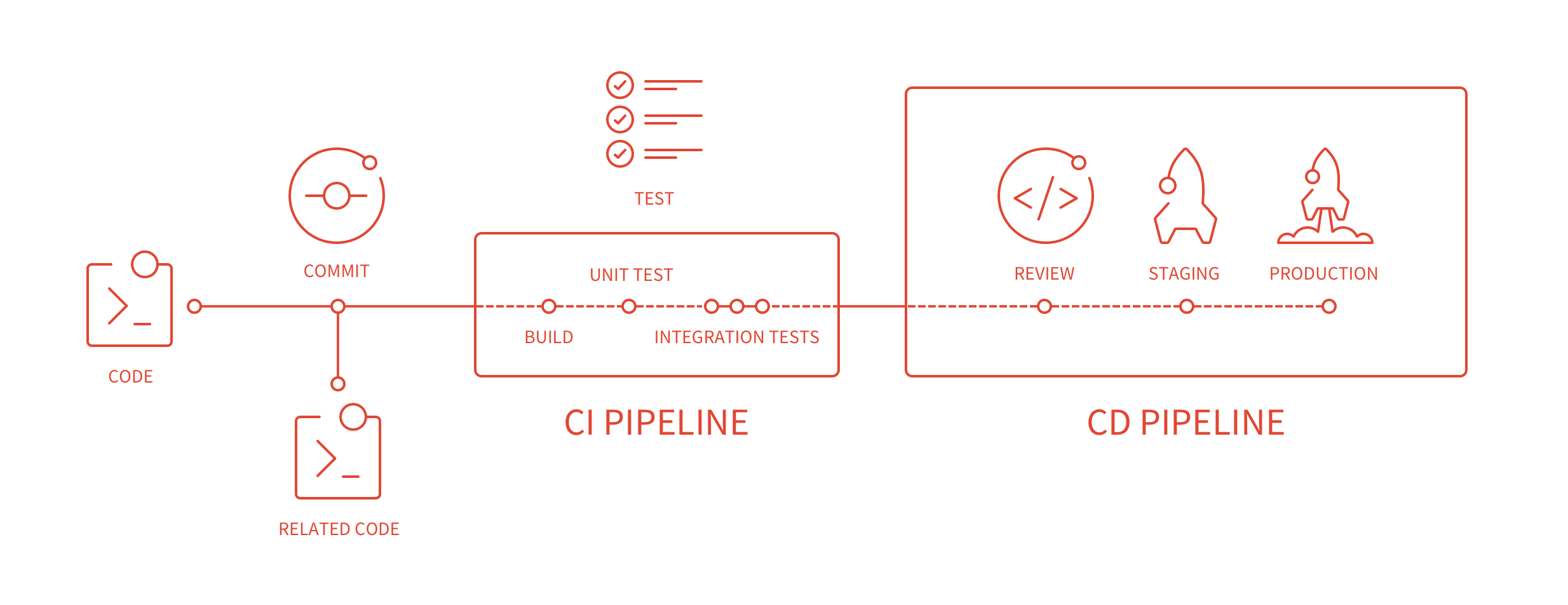
Source: https://about.gitlab.com/product/continuous-integration
Code review tools are logical candidates to run CI/CD pipelines
While humans read the diff, machines run the automation.
Lots of tools

 ...or you can try Gerrit if you feel
masochistic
...or you can try Gerrit if you feel
masochistic
 Setting up Gitlab
Setting up Gitlab
Ubuntu 18.04, 2 cores, 8GB RAM
curl -LO https://packages.gitlab.com/install/repositories/gitlab/gitlab-ce/script.deb.sh
sudo bash script.deb.sh
sudo apt install gitlab-ce# /etc/gitlab/gitlab.rb
external_url 'https://example.com'
letsencrypt['contact_emails'] = ['admin@example.com']sudo gitlab-ctl reconfigureSource: https://www.digitalocean.com/community/tutorials/how-to-install-and-configure-gitlab-on-ubuntu-18-04
 Gitlab runners
Gitlab runners
- An isolated machine (a VM, a VPS, a bare-metal machine, a docker container, or a cluster of containers).
- Picks up jobs from the coordinator API of GitLab and runs them.
- Ideally, it should not run on the same server as GitLab.
Source: https://docs.gitlab.com/runner/
 Setting up a GitLab
runner
Setting up a GitLab
runner
curl -L https://packages.gitlab.com/install/repositories/runner/gitlab-runner/script.deb.sh | sudo bash
sudo apt-get install gitlab-runnersudo gitlab-runner register| Source | https://example.com |
|---|---|
| Token | [the-token-obtained-from-gitlab] |
| Description | My Fancy Runner |
| Tags | ... |
| Executor | docker |
| Default Docker image | bbujisic/drupal8-phpunit:1.2 |
Sources:
https://docs.gitlab.com/runner/install/linux-repository.html
https://docs.gitlab.com/runner/register/index.html
 Docker
image
Docker
image
docker pull bbujisic/drupal8-phpunit:1.0- PHP 7.2, composer, Drush
- PHPCS, Drupal Coder, PHPLint
- PHP Unit
- Open source
The recipe
.gitlab-ci.yml
image: bbujisic/drupal8-phpunit:1.0
stages:
- test
phpcs:
stage: test
script:
- phpcs --standard=Drupal web/modules/custom web/themes/custom
phpunit:
stage: test
script:
- composer install
- phpunit web/modules/custom#.gitlab-ci.yml
image: bbujisic/drupal8-phpunit:1.0
stages:
- test
phpcs:
stage: test
script:
- phpcs --standard=Drupal web/modules/custom web/themes/custom
phpunit:
stage: test
script:
- composer install
- phpunit web/modules/customPHPUnit can solve the unit and integration testing
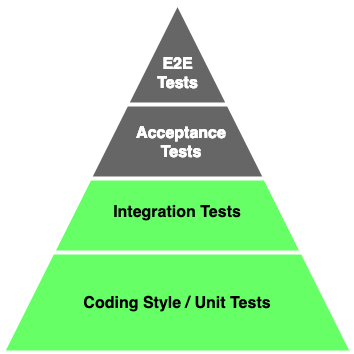
The problem of acceptance and end-to-end testing
Solvable by behat, for example

Behat
@api
Scenario: An anonymous should see the hello page
Given I am an anonymous user
When I go to "hello"
Then I should see "Hello world"Acceptance and end-to-end tests are expensive
- As close to production environment as possible.
- Database, files, search server, caching etc.
The setup is complicated
- Behat in the Docker container
- Database in the Docker container
- Dump the from the staging environment
... and import it - Rsync files from the staging environment
- What about the search server, redis, mongodb?
... skip it
Deploy to staging

Platform.sh solves the problem of staging environments and stakeholder acceptance
A new staging environment
$ git push platform my-feature-branch
$ platform environment:activate
$ platform push
Problem: platform-cli requires users to authenticate, and git requires an ssh key pair.
Gitlab + Platform.sh
- Use the environment variables to store the ssh key pair and API token.
- Setup ssh on docker container build.
- Push to platform.
Gitlab environment variables
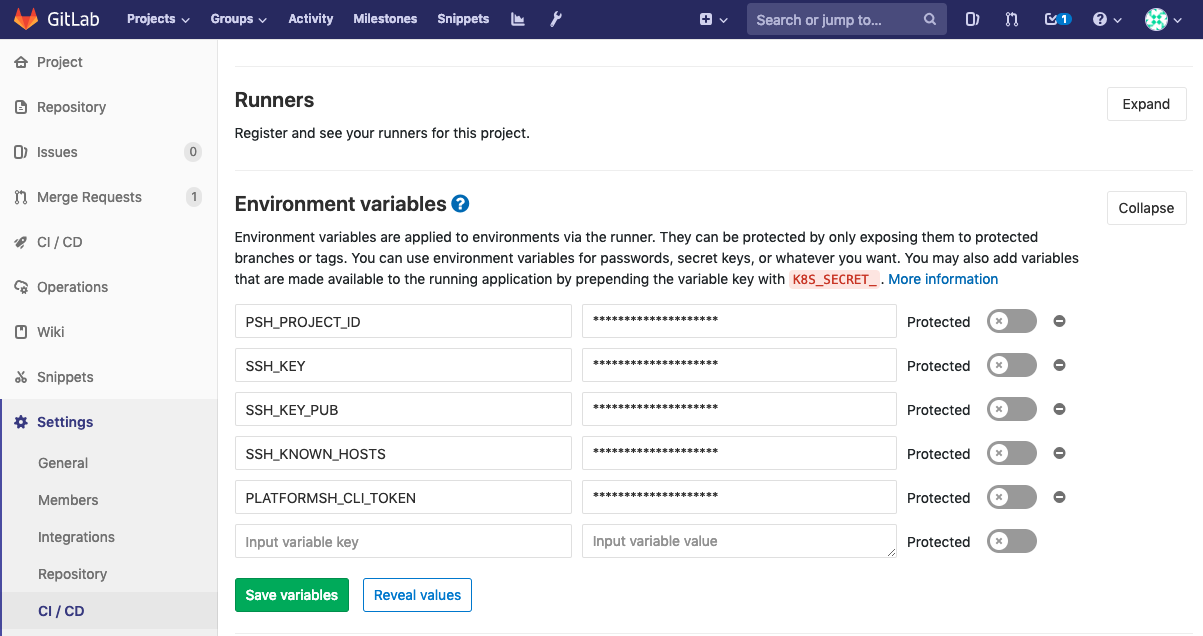
SSH setup and push
stages:
# ...
- deploy
# ...
psh-deploy:
stage: deploy
script:
- mkdir -p $HOME/.ssh
- echo "$SSH_KEY" > $HOME/.ssh/id_rsa
- echo "$SSH_KEY_PUB" > $HOME/.ssh/id_rsa.pub
- echo "$SSH_KNOWN_HOSTS" > $HOME/.ssh/known_hosts
- chmod go-r $HOME/.ssh/id_rsa
- platform project:set-remote "$PSH_PROJECT_ID"
- platform push --force --activate --target=$CI_BUILD_REF_NAMEContinuous delivery!

The problem of Behat tests remains
Can I make the available tools work for me at a cost of paradigm shift?
Do I really have to run all the tests before the delivery to staging?
I could deliver to Platform.sh staging first, and then run Behat tests.
Setting up behat
// composer.json
"require": {
"drupal/drupal-extension": "^3.4",
},
"config": {
"bin-dir": "bin/"
}composer update
mkdir behat
cd behat
../bin/behat --initProblematic part of setting up behat
# behat/behat.yaml
default:
suites:
default:
contexts:
- FeatureContext
- Drupal\DrupalExtension\Context\DrupalContext
- Drupal\DrupalExtension\Context\MinkContext
- Drupal\DrupalExtension\Context\MessageContext
- Drupal\DrupalExtension\Context\DrushContext
extensions:
Behat\MinkExtension:
goutte: ~
selenium2: ~
base_url: http://mysite.local
Drupal\DrupalExtension:
blackbox: ~
api_driver: 'drupal'
drush:
alias: 'local'
drupal:
drupal_root: '../web/'
region_map:
footer: "#footer"
No way to know default.extensions.Behat\MinkExtension.base_url,
use the environment variable instead!
Add a step to the pipeline
- Ensure the availability of the ssh key to the platform-cli tool
- Get the URL of the platform environment
platform url --pipe | head -n 1 - create environment variable
BEHAT_PARAMScontaining the above URL:{"extensions": { "Behat\\MinkExtension": {"base_url":"[platform-url]"} } }
Complete CI stage
stages:
# ...
- test-staging
# ...
behat:
stage: test-staging
script: |
mkdir -p $HOME/.ssh
echo "$SSH_KEY" > $HOME/.ssh/id_rsa
echo "$SSH_KEY_PUB" > $HOME/.ssh/id_rsa.pub
echo "$SSH_KNOWN_HOSTS" > $HOME/.ssh/known_hosts
chmod go-r $HOME/.ssh/id_rsa
platform project:set-remote "$PSH_PROJECT_ID"
platform variable:create \
--name=env:BEHAT_PARAMS \
--value="{\"extensions\":{\"Behat\\\\MinkExtension\":{\"base_url\":\"`platform url --environment=$CI_BUILD_REF_NAME --pipe | head -n 1`\"}}}" \
--level=environment --json=true \
--environment=$CI_BUILD_REF_NAME \
--yes || true
platform ssh "cd behat; behat" -e $CI_BUILD_REF_NAMEThe revised pipeline

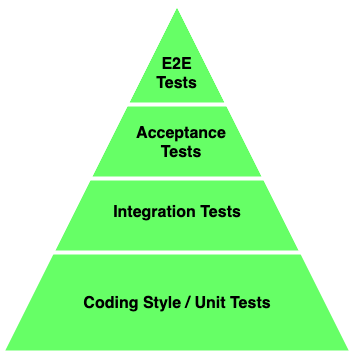
The entire pipeline
# .gitlab-ci.yml
image: bbujisic/drupal8-phpunit:1.2
stages:
- test
- deploy
- behat
phpcs:
stage: test
script:
- phpcs --standard=Drupal web/modules/custom web/themes/custom
phpunit:
stage: test
script:
- composer install
- phpunit -c phpunit.xml web/modules/custom
# Caveat: gross oversimplification
psh-deploy:
stage: deploy
script: |
mkdir -p $HOME/.ssh
echo "$SSH_KEY" > $HOME/.ssh/id_rsa
echo "$SSH_KEY_PUB" > $HOME/.ssh/id_rsa.pub
echo "$SSH_KNOWN_HOSTS" > $HOME/.ssh/known_hosts
chmod go-r $HOME/.ssh/id_rsa
platform project:set-remote "$PSH_PROJECT_ID"
platform push \
--target=$CI_BUILD_REF_NAME \
--force \
--activate
behat:
stage: behat
script: |
mkdir -p $HOME/.ssh
echo "$SSH_KEY" > $HOME/.ssh/id_rsa
echo "$SSH_KEY_PUB" > $HOME/.ssh/id_rsa.pub
echo "$SSH_KNOWN_HOSTS" > $HOME/.ssh/known_hosts
chmod go-r $HOME/.ssh/id_rsa
platform project:set-remote "$PSH_PROJECT_ID"
platform variable:create \
--name=env:BEHAT_PARAMS \
--value="{\"extensions\":{\"Behat\\\\MinkExtension\":{\"base_url\":\"`platform url --environment=$CI_BUILD_REF_NAME --pipe | head -n 1`\"}}}" \
--level=environment \
--json=true \
--environment=$CI_BUILD_REF_NAME \
--yes || true
platform ssh "cd behat; behat" -e $CI_BUILD_REF_NAME
What next?
Run all tests after the deployment?
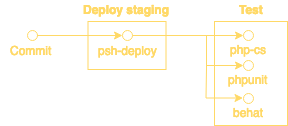
Continuous deployment?

Automated release notes? Slack integration?
Whatever you want, really!
Demo time!
Thank you Berkeley!
Questions? Comments? Rotten tomatoes?
Branislav Bujisic | TW: @bbujisic | branislav@platform.sh